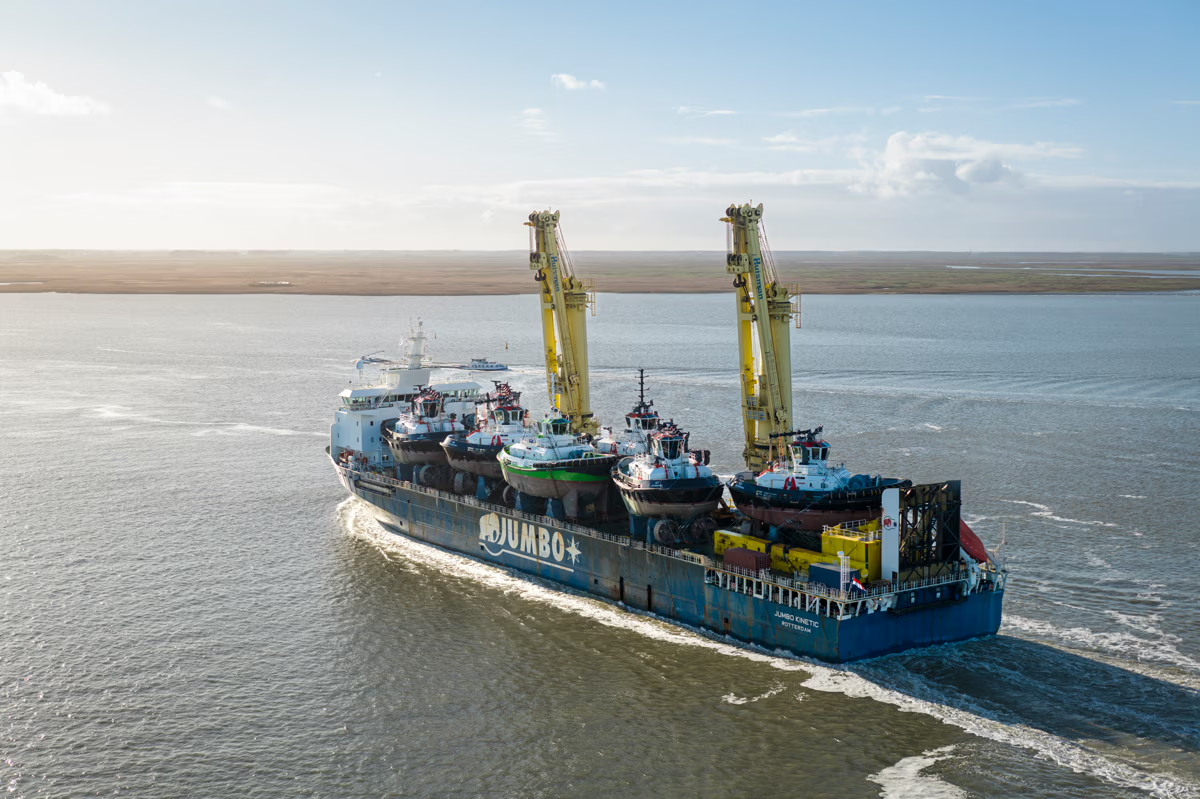UMAS released an insightful report, anaylizing the IMO MEPC 81 outcome to examine both what opportunity lies ahead, but also the current status of risks that might undermine that opportunity.
The report also includes the key dates/milestones related to the further work and finalisation of mid-term measures, as an effort to provide an important guide to when further insights and risk/opportunity analysis is likely to be possible.
These dates are as follows:
- End June/July 2024 – Draft reports from the IMO’s comprehensive impact assessment (CIA) process
Whilst it may or may not be the conclusion of the CIA process (it is the expected conclusion, but there may be extensions if further analysis is requested), this at least is a milestone at which significant.
UMAS finds a moderate certainty on the above, as ”the process is on track, but it is complex”.
- July 2024 – Expert workshop
This will be a discussion primarily informed by the reports from the CIA process, and a chance to see whether the outputs of CIA have the potential to modify positions.
UMAS finds a high certainty on the above, as ”the workshop is an agreed outcome from MEPC 81”
- Early August 2024 – Deadline for submissions to ISWG-GHG 17
This is the point in time at which member states wishing to provide a written position into the debates will have to have done so. Shortly after the deadline the papers are available for other member states to see, so it provides a further chance to understand the landscape prior to the next negotiation.
UMAS finds a high cetainty on the above as ”the next working group and its agenda are an agreed outcome from MEPC 81”
- End September 2024 – ISWG-GHG 17 debate
The outcome of MEPC 81 has provided a framework for the drafting of MARPOL amendments (Annex VI Chapter 5), and this meeting has been identified at the first attempt to solidify some of the content within that framework.
UMAS finds a high cetainty on the above as ”the next working group and its agenda are an agreed outcome from MEPC 81”
- Late February 2025 – Deadline for submissions to ISWG-GHG 18
Equivalent to ISWG-GHG 18 deadline – a point at which some of the member state positions going into the final agreement (MEPC 83) negotiations can be interpreted.
UMAS finds a moderate certainty on the above, as ”the detail of how the time between MEPC 82 and 83 has yet to be defined”. There may be different working arrangements, so this is uncertain and is on the assumption that a similar meeting pattern to that used to date continues to be used, the organization further said.
- April 2025 – MEPC 83
The MEPC at which the IMO is currently scheduled to ‘agree’ e.g. have a ‘final’ draft of MARPOL amendment language that operationalises the GFS and GHG pricing policies.
”The certainty of the timing is high, but whether the meeting will reach an agreement is uncertain”, UMAS says.
In general, in a recent report, UMAS attempted to structure opportunities and risks arose during the MEPC 81 meeting and share some of their specifics by identifying what progress was made against them at this meeting. The resulting picture is one of clear progressive momentum, but multiple points of potential failure. This also then explains why so many different interpretations of the meeting are possible – it is easy to highlight risks, for example, if wanting to reinforce a pessimistic narrative or if
trying to justify ‘waiting to see’ what actually gets adopted at the end of 2025.
However, for the very reason that both fleet and infrastructure enabling international shipping are capital intensive long-life assets, and because of the now very short-timescale over which the IMO has a clearly stated intent to fundamentally revise these assets, the risk of the ‘waiting to see’ strategy, and ending up being poorly prepared for a rapid transition and reconfiguration of international shipping, has also once again increased.



























































